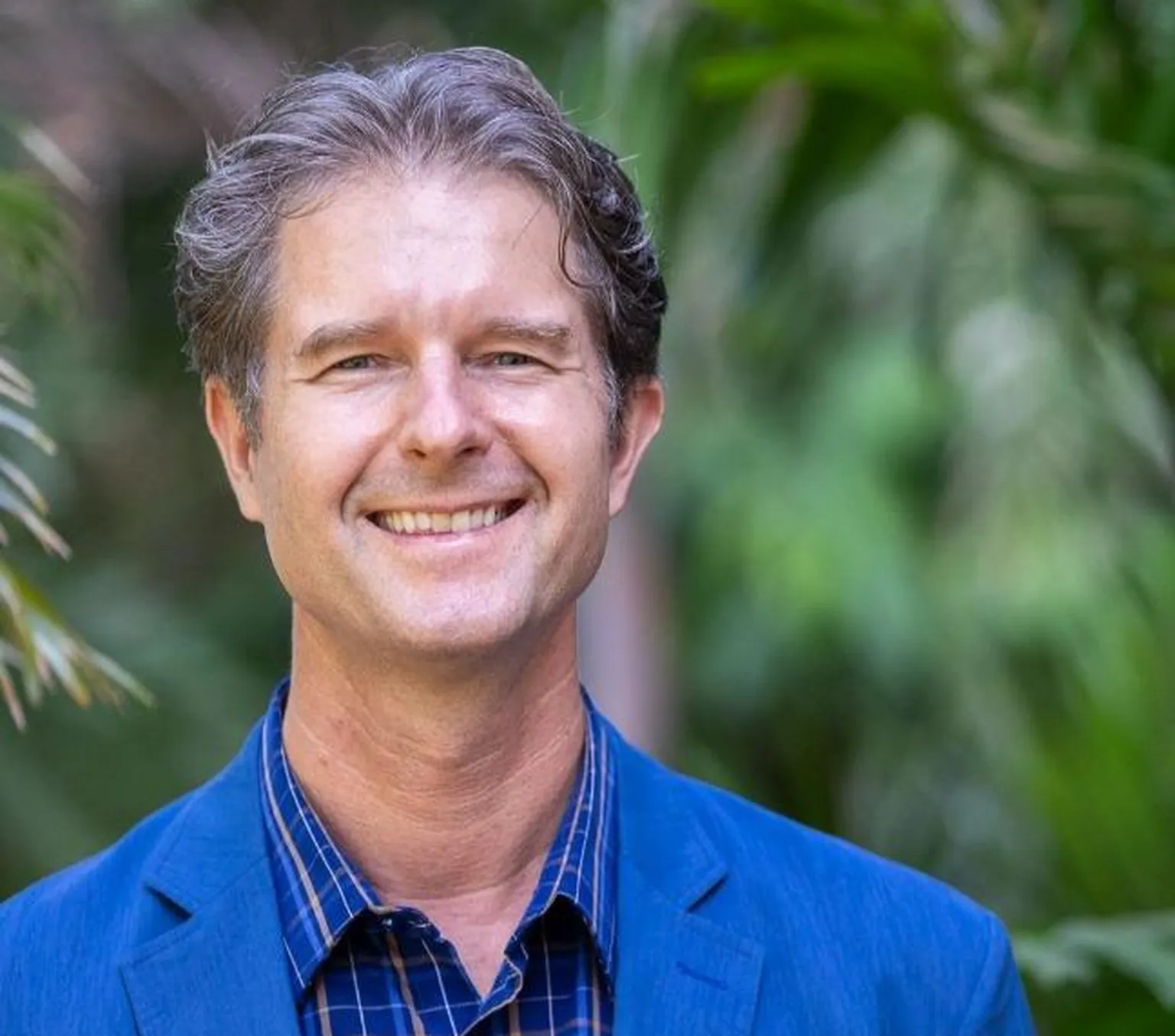Promoting inter-ministerial collaboration in Cambodia: Igniting lasting change

SNV's work in Cambodia extends across the water, energy, and agri-food sectors. We take immense pride in aligning our efforts with the country's national development priorities and strategies. Collaborating closely with the royal government, civil society, and the private sector, we tailor our solutions to drive impactful systems change. Recently, we have embarked on two remarkable initiatives that necessitate inter-ministerial collaboration to foster systemic transformation.
Cooking Energy: Unleashing the potential
In Cambodia, cooking energy predominantly relies on firewood, with an estimated national consumption of 8.5 million kilogrammes per day. However, burning firewood poses severe environmental concerns, impacts individual health, reduces productive livelihood opportunities, challenges dignity, and places a heavy burden on women and children. This pressing issue, often deemed an "orphaned" development priority, falls within the purview of multiple ministries such as energy, health, forestry, education, and environment.
Acknowledging the urgency of transitioning from traditional cooking fuels to clean energy sources, Cambodia has the potential to leverage its national grid, which currently reaches 96% of households. To champion this change, SNV actively supports the establishment of Clean Cooking Working Groups at both provincial and district levels. These collaborative platforms facilitate dialogue among diverse stakeholders, including government representatives, public and private entities, and local communities. By uniting these voices, we lay the groundwork for long-term policy dialogues, public financing, and aligned donor and investor communities that collectively propel Cambodia's transition to clean cooking energy.

Cooking on electricity

Gender and climate
Gender and Climate: Powering progress together
In Cambodia's commitment to the Nationally Determined Contribution (NDC) under the United Nations Framework Convention on Climate Change (UNFCCC), strengthening monitoring and evaluation (M&E) systems within sectoral ministries is imperative to track gender outcomes in climate change initiatives. A robust M&E framework allows government and development actors to assess efforts promoting gender equality and report on progress towards the goals outlined in the Paris Agreement.
Supported by the NDC Partnership Action Fund (NDCP-PAF), SNV has been instrumental in fostering collaboration between Cambodia's Ministry of Women's Affairs (MoWA), Ministry of Environment (MoE), and Ministry of Agriculture, Forestry and Fisheries (MAFF) to integrate gender indicators into climate actions. Working closely with focal points from these ministries, we have collaborated with thematic ministerial working groups to develop and test gender outcome indicators within an M&E framework, piloting them in various provinces. This process empowers national and sub-national gender focal points to gain a deeper understanding of these indicators while providing a guideline for other ministries to adopt in the future.
Following successful pilots, MoWA has identified the need to develop an online monitoring system and expand its implementation to involve more ministries, aligning with its commitment to the NDC. Accurate reporting and measurement by ministries make progress visible and enable the Royal Government of Cambodia (RGoC) to report on gender equality in climate change to the UNFCCC. It further informs policies and strategies to steer gender-empowered development, unlocking its economic potential and reducing vulnerabilities.
Two different challenges, one shared approach
By breaking new ground and fostering open and transparent discussions among diverse ministries, we have laid the foundations for lasting change in Cambodia's enabling environment. The collaborative efforts surrounding the Cooking and Climate initiatives exemplify the power of collective action and underscore the significance of inter-ministerial cooperation.
Through our shared vision and dedication, we strive to ignite transformation that transcends sectors, creating a brighter and more sustainable future for Cambodia and its people. We look forward to continued collaboration, working hand in hand to overcome challenges, unlock potential, and build a more resilient and inclusive Cambodia.


